
Thrift stores are fantastic places to give new life to gently used items, but not everything is suitable for donation. While most people have the best intentions, certain items are better left at home or disposed of properly, and donating these 15 things can create more problems for these charitable organizations than help.
Damaged Furniture

Thrift stores love receiving furniture donations, but broken, stained, or overly worn-out pieces can’t usually be resold. These items take up valuable floor space, and disposing of them often falls on the store itself, which adds unnecessary costs. Make sure any furniture you donate is in good condition and ready to be used in someone’s home.
Used Mattresses

Mattresses may seem like something that could help someone in need, but most thrift stores cannot accept them due to health regulations. Even if the mattress appears clean, it could harbor bedbugs or allergens. Instead of donating, consider recycling programs specifically for mattresses, where the materials can be repurposed safely.
Old Electronics

That ancient TV or broken VCR you’ve had in the attic for years isn’t something thrift stores want. With most people using modern technology, outdated electronics are hard to sell and may become e-waste. It’s better to find a specialized recycling center for these items, which can properly dispose of them.
Items with Missing Parts

If a toy is missing a key piece or a kitchen appliance is without its necessary attachments, it’s not helpful for a thrift store as well. Incomplete objects are hard to sell and typically get discarded. Ensure everything you donate is fully functional, with all its parts intact, to save the store from dealing with unusable donations.
Recalled Items

Recalled products pose a risk to thrift store customers, even if they seem functional. Stores can get in trouble for selling products deemed unsafe by manufacturers or government agencies. Always check to see if an item has been recalled before deciding to donate it, and discard it appropriately if necessary.
Worn-Out Shoes
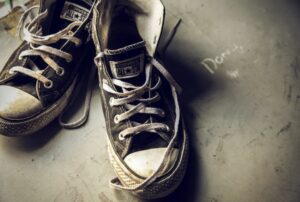
While lightly used shoes are welcome, thrift stores can’t do much with footwear that’s falling apart. Shoes with holes, worn-out soles, or serious odor issues don’t sell well and often end up in the trash. Instead, recycle shoes through specialized programs that can repurpose the materials.
Used Underwear
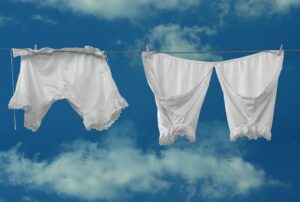
Pixabay
Underwear is a no-no for obvious health and hygiene reasons. Even clean pairs carry the stigma of being worn, which makes them unsellable. If you have new, unworn packages of underwear, those are usually accepted. Otherwise, it’s best to discard old underwear responsibly.
Hazardous Materials

Most stores don’t have the ability to safely handle or dispose of hazardous materials, so don’t bring paint, cleaning supplies, and other chemicals. Your good intentions could pose a risk to both staff and customers, as these products might spill or cause harmful reactions. Find local disposal services that specialize in disposing of such items instead.
Large Appliances
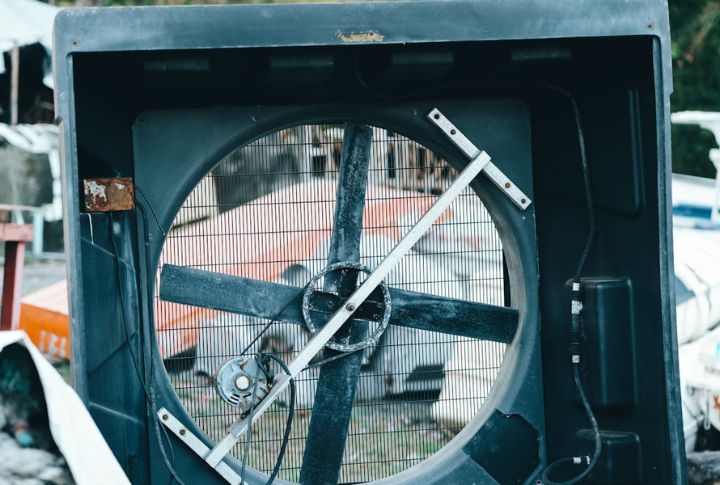
It might come as a surprise, but larger appliances like refrigerators or washers often cannot be accepted. Thrift stores typically lack the space and resources to store or sell these bulky products and mostly only take in smaller ones, such as microwaves or blenders. Good alternatives for disposal are specific appliance stores or local recycling programs.
Expired Food

Though some thrift stores accept food donations, expired items are never welcome. Not only do expired foods pose health risks, but stores also cannot legally sell or donate them. Make sure to check the expiration dates before donating non-perishable foods, and properly dispose of anything that’s past its prime.
VHS Tapes and Cassette Tapes
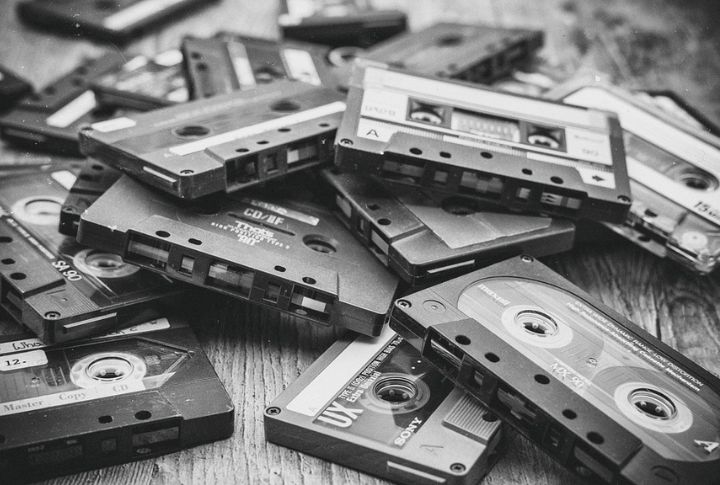
Most people no longer have the equipment to play VHS or cassette tapes. These old media formats are outdated and hard to resell, so thrift stores often can’t move them off the shelves. Consider recycling through specific programs or upcycling them for crafts instead.
Some Baby Items
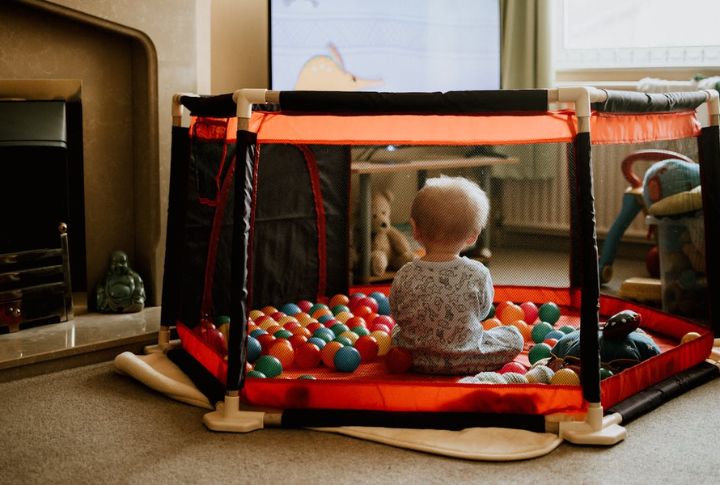
Even if they seem in good condition, thrift stores may not be able to sell some baby items—car seats, cribs, and toys—due to liability concerns. Always check current safety standards and regulations for any kid’s items, and donate only items that meet these regulations and have no recalls.
Broken Dishes
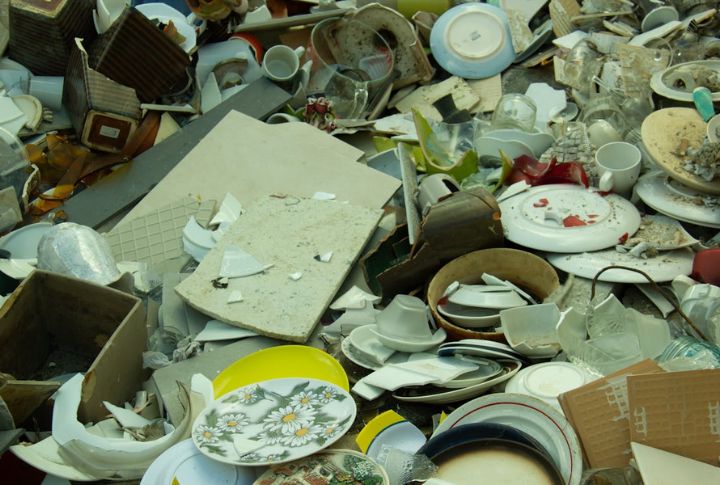
Jan Van Bizar/Pexels
It’s tempting to donate your mismatched or chipped dishes, but most thrift stores can’t sell damaged goods. Cracked plates or mugs are safety hazards and unsellable. If your dishes are still in good condition, they’ll be appreciated. Remember that the store isn’t a recycling bin!
Personal Care Products

Would you buy half-used bottles of shampoo, lotion, or makeup? Probably not. So they clearly aren’t suitable for donation. Thrift stores can’t resell opened personal care products due to hygiene concerns. If you have new, sealed items, those may be accepted, but opened products should be disposed of.
Medical Equipment
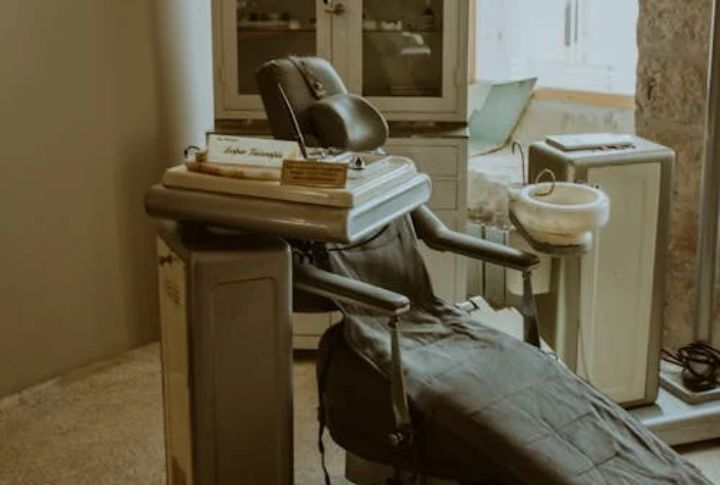
Ahmet Polat/Pexels
Walkers, crutches, and other medical devices might seem helpful, but thrift stores aren’t equipped to handle or resell medical equipment, especially if it’s expired or in poor condition. Check with local hospitals or donation programs specifically designed to handle medical supplies instead.

